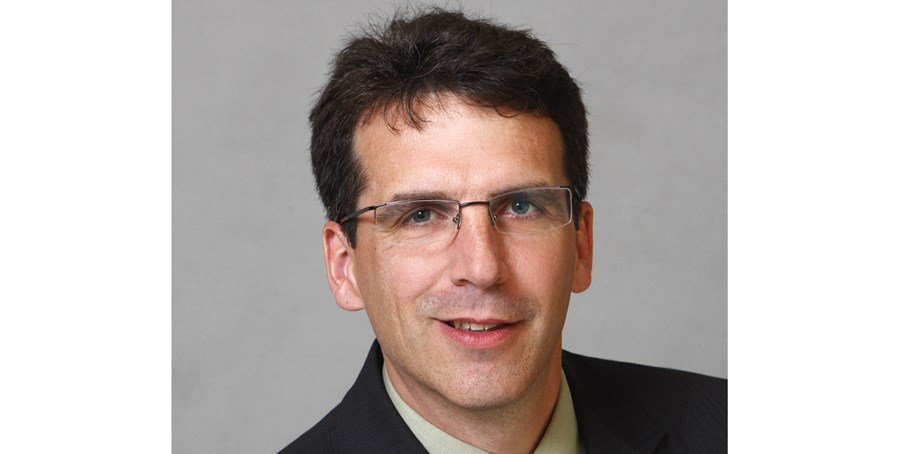She sat in the front lobby of the care home and burst into a sparkling smile as I approached her to sit on the opposing couch: "It's so good to see you!" she blurted out with abandon.
"Yes! And how are you today?" I bubbled back. Her enthusiasm was always infectious.
She continued: "Oh I think I am all right. Nothing to complain about really. And who would listen?"
Suddenly she began folding her napkin with feverish intensity, ignoring me. She focused intently in its creases, its shape, as if it were some complex origami creation that refused to cooperate. She looked up again, mumbling unintelligibly to me, pointing to the cloth in her hand.
She was no longer sure of anything. Sincere, watery-eyed: "Are you my son?"
"No. I am visiting again as part of our church's 'Adopt a Grandparent' program. How was the food today?"
Back to the napkin. More mumbling. Folding. Pressing it with her fingers.
"My son is coming to see me. Are you my son?"
Here is the sad truth: A good number of us will outlive our mental health. More than 100,000 Canadians will develop some form of dementia this year - in addition to over 500,000 Canadians who currently live with this ailment. On average, Canadian men and women continue to live ten years past the time when they are "healthy." The odds of this ill health including dementia increase with age. If there is money to manage during that (hopefully later) stage of life, when our minds have lost their primary functionality, then we had best plan around it now, while we are in good form.
Power of Attorney:
A Power of Attorney is a legal document in which one person gives another person or people the authority to act on their behalf. A standard Power of Attorney for property empowers your representative to legally make decisions about your finances and property on your behalf. Typically, a Power of Attorney for property is only used if the person giving that authority (the donor) is unable to act for themselves, although legally the attorney may have immediate authority even if the donor is still completely capable.
The Power of Attorney empowers you to speak from behind the veil of dementia or other incapacitation, and provides guidance on how you wish to be cared for, and how to manage your assets during your lifetime. If you do nothing, your loved ones will potentially incur a lengthy and expensive court process to have someone appointed to act for you. Better that you make the decision while you are still healthy about who manages your affairs when you aren't.
Your attorney can play a critical role in the care you receive as your needs change over time, and must manage your assets carefully to ensure sufficient resources to pay for that service.
It may seem intuitive to appoint your spouse, your adult child or a close friend as your attorney. The decision on who to appoint may be even more important than choosing the Executor of your estate. After all, you will still be alive to experience the consequences of your choice. As well, mismanagement of your assets during your lifetime could mean that the terms of your Will and estate plan are not carried out as you expected due to a diminished estate.
Many people vaguely believe that the federal or provincial government will handle the cost of this care. The government may provide some financial assistance, but there are income-tested limitations that require many people to pay for certain care services, out of their own pocket. Accommodation in a long-term care facility such as a retirement or nursing home can range from $1,600 to $9,000 per month depending on the room type and the level of government funding available for the site.
In choosing an attorney, consider the following:
Your attorney's financial acumen
Your attorney's location and ability to travel, if needed (to oversee your physical care conditions)
Your attorney's age and stage in life (are you "sandwiching" adult children with your choice?)
Your attorney's organizational skills
Your attorney's trustworthiness, and potential for emotional bias
Next week we will dig a little deeper in to these qualities, and the risks associated with assigning this role to a loved one, or indeed being appointed to the task by someone else.
This information is not intended as nor does it constitute tax or legal advice. Since every circumstance is unique, readers should consult their own lawyer, accountant or other professional advisor when planning to implement a strategy.
Mark Ryan is an advisor in Prince George with RBC Wealth Management, Dominion Securities (member CIPF) and can be reached at [email protected].



